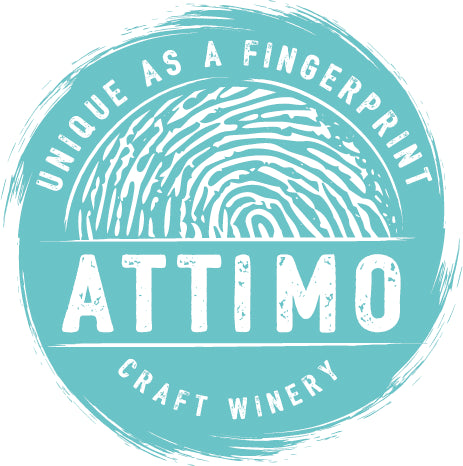Introduction to the sustainability debate around glass bottles
As consumers become increasingly conscious of their environmental impact, the sustainability of different packaging materials has come under scrutiny. Glass bottles, in particular, have been praised for their perceived sustainability. However, it is essential to separate fact from fiction and examine the true environmental implications of glass packaging. In this article, we will delve into the sustainability debate surrounding glass bottles and uncover the truth behind their environmental impact.
Myth vs. reality: Debunking the claim that glass bottles are inherently sustainable
Glass bottles have long been heralded as a sustainable alternative to plastic, but the reality is more nuanced. While glass is a natural material derived from abundant resources such as sand, it is not inherently sustainable. The sustainability of glass packaging depends on various factors, including its life cycle, recyclability, and reusability. It is important to debunk the myth that glass bottles are automatically sustainable and explore the deeper aspects of their environmental impact.
Understanding the life cycle of glass packaging
To assess the sustainability of glass bottles, we must consider their entire life cycle. From raw material extraction to manufacturing, transportation, and end-of-life disposal, each stage contributes to the environmental footprint of glass packaging. Glass production involves energy-intensive processes, including melting and shaping the material. Additionally, the transportation of heavy glass bottles can further increase carbon emissions. By understanding the life cycle of glass packaging, we can gain insight into its overall sustainability.
Examining the factors that make glass a potentially sustainable option
While glass bottles may not be inherently sustainable, certain factors contribute to their potential as a sustainable packaging option. One such factor is their durability. Glass bottles have a longer lifespan compared to single-use plastic bottles, reducing the need for constant production and disposal. Moreover, glass is impermeable, ensuring the preservation and quality of the contents without the need for additional preservatives or chemicals. These qualities make glass a potentially sustainable choice for packaging certain products.
Assessing the recyclability and reusability of glass bottles
Recyclability and reusability are crucial aspects of sustainable packaging. Glass bottles have a high recycling rate, with the ability to be recycled endlessly without losing quality. When properly recycled, glass can be transformed into new bottles or other glass products, reducing the demand for virgin materials. Furthermore, glass bottles can be reused for various purposes, such as storing beverages or household items. The recyclability and reusability of glass contribute to its sustainability credentials.
The energy and resources required to produce glass
The production of glass bottles requires significant energy and resources. The process involves high-temperature furnaces that consume substantial amounts of energy, contributing to carbon emissions. Additionally, the extraction of raw materials, such as sand and soda ash, can have environmental impacts, including habitat disruption and soil erosion. While glass bottles can be recycled and reused, it is essential to consider the initial energy and resource requirements of their production.
Exploring alternative packaging options and their sustainability credentials
While glass bottles have their merits, it is crucial to explore alternative packaging options and their sustainability credentials. Materials such as aluminum, paper, and certain types of plastics offer their own unique advantages in terms of energy efficiency, recyclability, and reduced carbon emissions. It is important for consumers and businesses alike to consider a range of packaging materials and choose the most sustainable option based on the specific product and its requirements. Cans, bag-in-box and innovative cardboard bottles can offer a much more sustainable alternative to traditional single-use glass bottles.
The role of consumer behaviour in promoting sustainability in packaging choices
Consumer behaviour plays a significant role in driving sustainability in packaging choices. By consciously opting for products packaged in sustainable materials like glass bottles, consumers can send a strong message to businesses and manufacturers. Additionally, proper recycling practices and the promotion of reusable alternatives can further enhance the sustainability of glass packaging. Educating consumers about the environmental impact of different packaging materials empowers them to make informed decisions that contribute to a more sustainable future.
Conclusion: Making informed decisions about glass bottles and sustainability
In conclusion, the sustainability of glass bottles is not a black-and-white issue. While glass has its advantages in terms of durability, recyclability, and potential reusability, its production entails significant energy consumption and resource extraction. It is crucial for consumers, businesses, and policymakers to consider the complete life cycle of packaging materials and weigh the environmental implications. By making informed decisions and exploring alternative options, we can work towards a more sustainable future where packaging choices align with ecological responsibility.
Choose sustainable packaging for a greener future!
When making purchasing decisions, consider the sustainability of packaging materials opting for wines that use sustainable packaging options such as cans and bag-in-box. By choosing eco-friendly packaging, you contribute to a greener future for our planet. Together, let's make a difference by supporting sustainable practices and reducing our environmental footprint.


